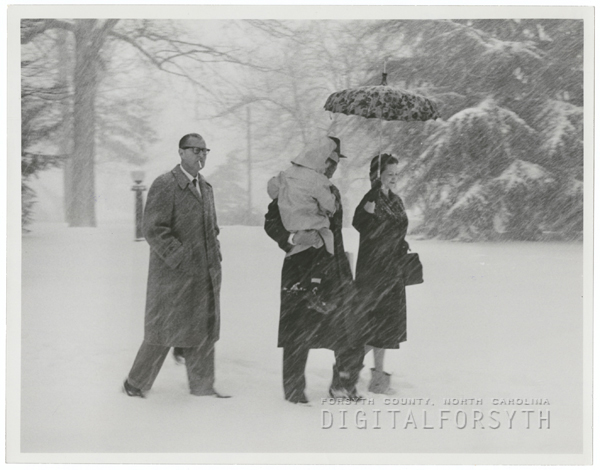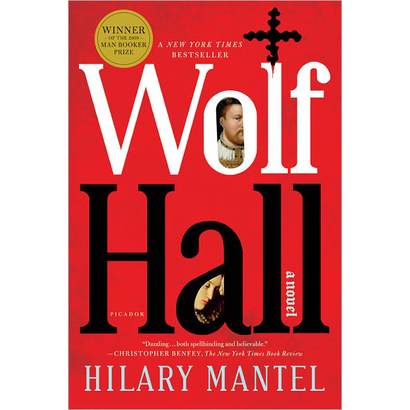Am I sad or happy that NaNoWriMo, and hence my 30 Days of Nano blog challenge, comes to an end at midnight tonight?
I’m a mix of the two: I’m shappy.
I didn’t do any writing at all yesterday. I’d already locked and loaded the day’s blog post ahead of time, so I didn’t even write a blog. (Boo! Hiss!)

Statler: I hear they’re calling this the Medium Blog.
Waldorf: Well it certainly wasn’t rare or well done!
But the day before that, I finished the first draft of my novel.
I don’t think you heard me.
I FINISHED THE FIRST DRAFT OF MY NOVEL!!!!!
I had my headphones in when I ‘validated’ on the nano site, and was promptly deafened by their cutesy recorded cheers. But I get to call myself a Winner. Hurrah! I like being a winner. Although it’s possible I’m only a winner for the remainder of 2014…
But at least I’ll have a month off from being a loser!
What have I learnt from this year’s nanowrimo?
We could really do with a Team America montage round about now.
Instead, have some bullet points:
- The more often you write, the easier it gets.
- Dorothea Brande was right: the subconscious will provide, if you let it.
- The more you write, the more frequent your typos.
- The more you write, the less inclination you have to amend those typos.
- Sometimes, when you’re writing a lot, your brain attempts to reread, reflect, revise with every random thought you have, and this is almost as annoying as an Agadoo ear worm when you’re trying to sleep.
- An insight scribbled in your notebook at four in the morning is better than two insights in a bush.
- Two years of planning and writing and failing and writing and failing and tearing up plans and despairing and agonising and shredding and howling at the moon are all worth it when you’re not even writing your final scene: you’re following it, like a child in the Pied Piper’s wake, and you eat dinner because you have to eat dinner (you’re a human being, natch, and human beings need dinners) but you are eating with your left hand so you can carry on typing with your right.
Over the coming weeks and months it will all go pear-shaped. Of course it will. Bliss is fragile. I’m enjoying it now, because I can. I haven’t read my first draft yet. Why would I? I’m enjoying my honeymoon. You don’t go checking your new husband’s internet history when you’re on your honeymoon, do ya? No siree. You leave that for a rainy day in the future.
It’s not raining today (yet). And it’s too soon to go back to it yet. Fireworks and first drafts: leave ’em alone, for the love of God!
But I have got a nagging awareness of the ‘project notes’ in my Scrivener file, where I noted down inconsistencies as I thunk of them. And I’ve sent Nancy Drew on the case of The Missing First Four Chapters and she’s presently teaming a rib-knit sweater with a pair of capri pants and enjoying a morning coffee with her kindly-eyed housekeeper Hannah Gruen, but she’s made some preliminary observations already:
- At 8.04 a.m. the chapters were seen to be partially assembled.
- They seemed not to be written in English, but gibberish.
- Consultation with relevant sources suggests that it’s easier to write the beginning once you’ve got the end.
So, mainly because I find that I want to be writing today, and every day thereafter, I’m heading back in to the war zone with my dictaphone and my camera to start fiddling around a bit. (NB: Not to read the draft. Oh no. I don’t want to blow my face off with an unexploded rocket, thank you very much.) Expect further dispatches at some point in the future:
Novel is shit stop send reinforcements stop wondering if I should just stop
And what have I learnt from my 30 days of daily blogging?
- I should never compose a post in public, because I find myself quite funny sometimes (and that isn’t socially acceptable).
- Some posts are bigger than others. (As Morrissey almost said.)
- If I had to blog every day for the rest of my life, I probably could. But I don’t, so I won’t.
I do like blogging, though. And I like it when folk like my blogs.
This is me in the internet pond:
Image source
This is not me:
Image source
But that’s cool.
Sometimes a few people stop by. They get snagged on some click bait in a tweet I wrote, or they google a search term that whisks them my way, or they (just occasionally) set out intentionally to come here. They put on their shoes, and coat, and gloves and they strap their binoculars round their neck and they brave the harsh winds of the internet in winter to peer through the fast encroaching fog for the faint glow, up ahead, of lynseywhite.com, where legend has it there are comfy chairs, hot tea, fluffy slippers for frostbitten feet, and a roaring log fire full of clichés. Not to mention willy jokes.

Excuse me a second while I just open the door to let these folks in… they’re cold and tired and mightily in need of a joke about members.
Blogging gives me something (an outlet for my lunacy) that I don’t get from fiction – or don’t get so quickly, and easily, from fiction. So, whether or not there’s anyone out in that snowstorm searching, there’ll always be a brew on at lynseywhite.com (tea only; I don’t do coffee). It’s just I’ll be boiling the kettle slightly less often from December 1st…
We’ve had muppets, and fireworks, and insights in bushes, and weary travellers, and tiny fish… and if that ain’t enough confusing analogies for ya, then let me point you to some of my favourite posts from this whole 30 Days of Nano experience:
Day 18: in which Nano comes of age.
Day 10: my homage to Lorrie Moore’s How to Become a Writer
Day 28: on being an older writer. (The internet liked this one the best.)
Day 6: something quite sensible about finding your ‘seed word’ (as Scarlett Thomas calls it).
Day 29: in which nanowrimo reports on my progress.
December, here we come.






























